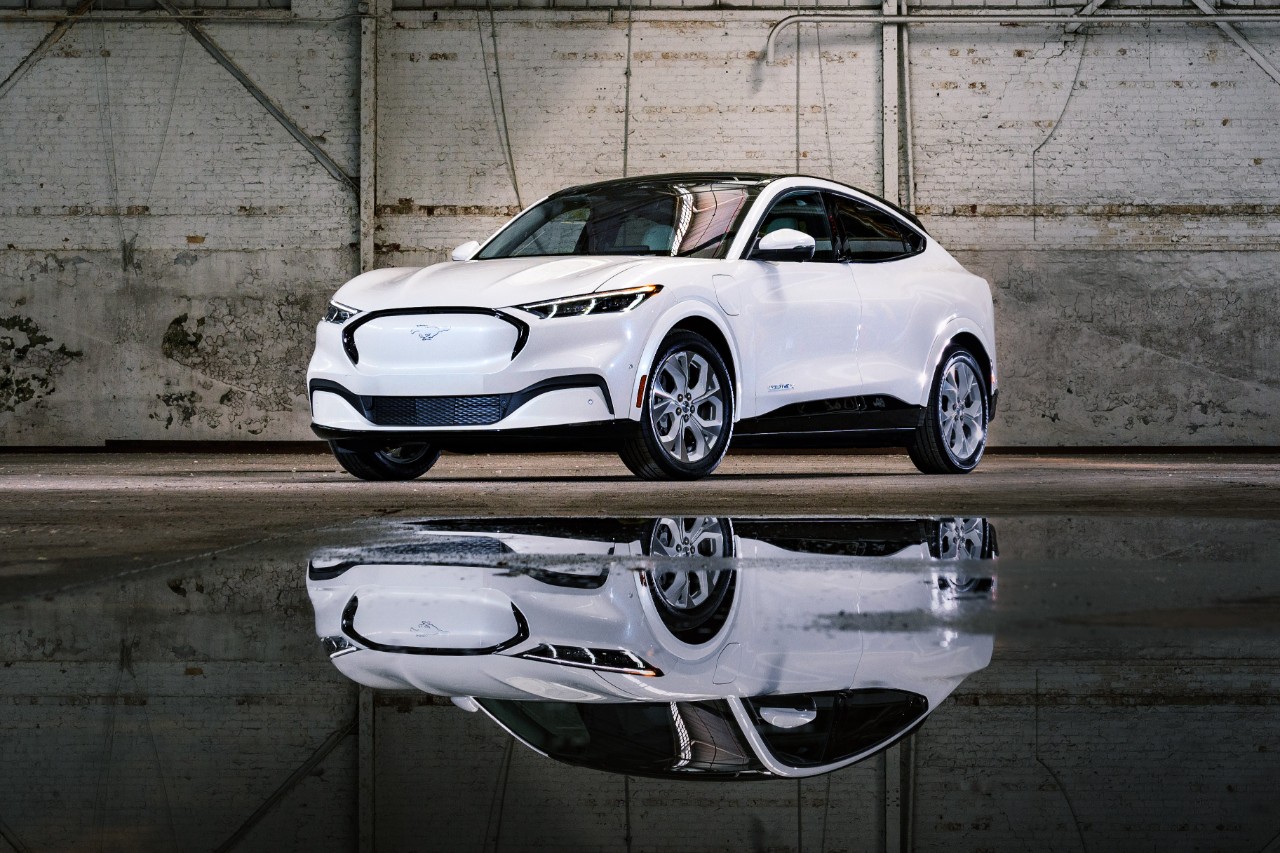Couldn't make it to the 2014 International Consumer Electronics Show? Never fear: The Fool was there to check out the tech and report back on who was there and what was new. With thousands of products in more than 15 categories, the next big thing was surely making its debut at the CES in Las Vegas.
A Ford (F 1.52%) representative at CES explained the potential cost avoidance of the C-MAX solar concept car and explains that while other carmakers do represent competition, progress in the green technology space benefits everyone by offering a broader range of energy-efficient choices.
There were countless trends emerging from CES 2014 this year, but the real question for investors is how to capitalize on these revolutionary opportunities. Fortunately for you, David Gardner has an idea or two on how to invest in these new emerging technologies -- and how you can profit. Get in on the ground floor now by clicking here.
A full transcript follows the video.
Austin Smith: Let's get into some other numbers. Are you guys talking about cost and sales volume here?
Ford Representative: No, not yet. Because of the nature of it, it's still a concept -- and frankly, there are still some things that we're working on with it -- but what we could talk about, if I could reframe that, instead of cost we could talk about it almost in terms of customer value.
What you would be able to do by using this setup is you would be essentially recharging your car during daylight hours. If, instead of parking your solar C-MAX Energi underneath this concentrator, you would be plugging it into the wall and recharging it during daytime hours, it would cost you on average $1 to $2 for that electricity, depending upon where you live and your electricity rates.
When you think about it in that context, you are essentially avoiding $1 to $2 per day of electricity costs, to recharge your car. Taken over a year, say $300 to $600 worth of cost avoidance, by being able to charge it with pure, clean, renewable energy from the sun.
If you think about it in that context, about say a $500 value per year, per customer, how much would you be willing to pay for that capability on your car? I'll leave it as an open-ended question like that, but that's how we're starting to think about it.
Smith: Pretty legitimate value adds there, for consumers. Let's take a higher-level discussion of this industry and electric vehicles, writ large. Ford has always been a big innovator in efficiency, and you guys have always been pushing the envelope on product categories.
We're also seeing a lot of other automakers -- there's a Toyota (TM 0.39%) booth right behind us, there's a General Motors (GM 0.11%) booth over here -- what other products out there are interesting and do you admire, in this category at large, that you really respect what other companies are doing, pushing the envelope in fuel efficiency and new car designs?
Ford Representative: I think all of it's great. These are all of our competitors, but at the same time the people that are in this sustainability space, everyone -- especially Ford -- is really trying to move, and that's the whole purpose of this concept: "Let's start the public dialogue about what's possible," about taking cars, on one hand, that you used to be able to plug into the grid, and now they can use sunshine.
The Toyota booth right over here is showing a fuel cell vehicle; fantastic. I think what Ford has been saying is, there's not going to be a single solution here. It's going to be "and" -- an "and" solution, not an "or" solution. There's going to be a breadth of technologies that are needed to move everyone into this space of greener transportation.
Whether it's fuel cell, whether it's a solar energy car, whether it's pure electric, I think there's going to be a spectrum, and it's all good, especially with public consciousness growing every single year about some of the different choices that they might have in coming years.








